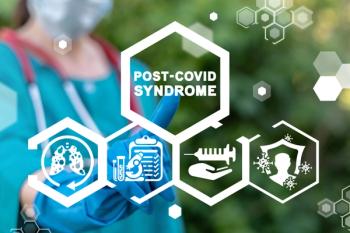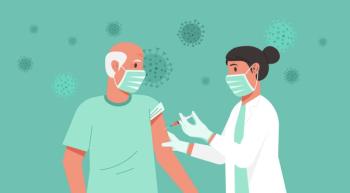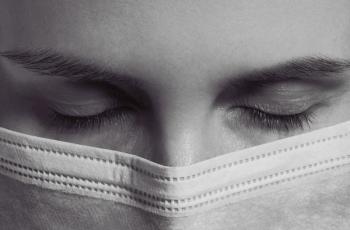
Depression Associated With Belief in COVID-19 Vaccine Misinformation
Those with moderate or worse symptoms on the PHQ-9 were more likely to endorse misinformation.
A new survey found adults with at least moderate depressive symptoms may be more receptive to misinformation related to
Roy H. Perlis, MD, MSc, and colleagues examined responses from 15,464 adults from all 50 US states and Washington, DC, who completed an internet survey between May and July 2021 that included statements related to COVID-19 vaccines after completing the PHQ-9.
Perlis et al found levels of depression are at least 3 times higher than before the COVID-19 pandemic. Participants with moderate or greater major depressive symptoms on the PHQ-9 were more likely to endorse at least 1 of 4
They further noted the presence of depression was associated with a 2.2 times higher likelihood of endorsing misinformation. The respondents endorsing at least 1 misinformation statement were half as likely to be vaccinated and 2.7 times more likely to report vaccine resistance, according to the survey. Interestingly, the association persisted even after adjusting for self-reported ideology and political party affiliation and sociodemographic features.
To further explore this connection, Perlis et al analyzed data from a subset of 2809 respondents who answered a subsequent survey 2 months later. Those who suffered with depression in the first survey were twice as likely as those without depression to endorse more misinformation than they did in the prior survey.
“Individuals with
“While we can’t conclude that depression caused this susceptibility, looking at a second wave of data at least told us that the depression came before the misinformation. That is, it wasn’t that misinformation was making people more depressed,” Perlis said in a press release.2
“Our result suggests that, by addressing the extremely high levels of depression in this country during COVID, we might decrease people’s susceptibility to misinformation,” Perlis added. “Of course, we can only show an association—we can’t show that the depression causes the susceptibility, but it’s certainly suggestive that it might.”
References
1. Perlis RH, Ognyanova K, Santillana M, et al. Association of Major Depressive Symptoms With Endorsement of COVID-19 Vaccine Misinformation Among US Adults.
2.
A version of this article appears with our sister publication
Newsletter
Receive trusted psychiatric news, expert analysis, and clinical insights — subscribe today to support your practice and your patients.







